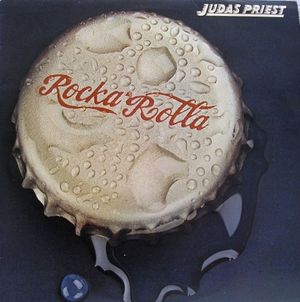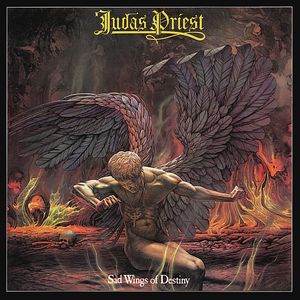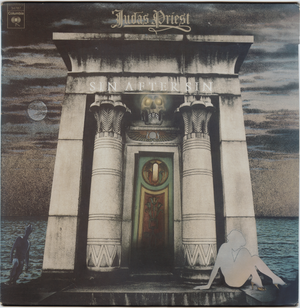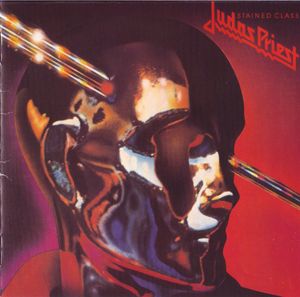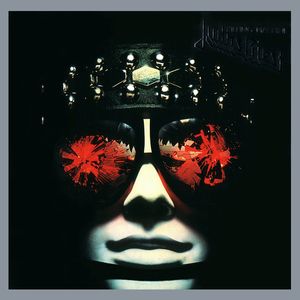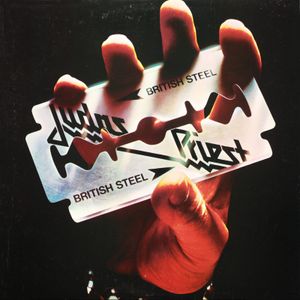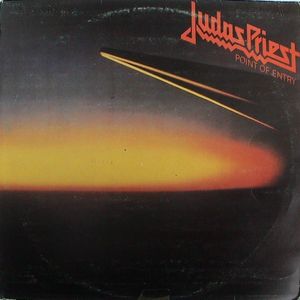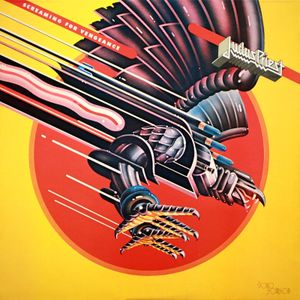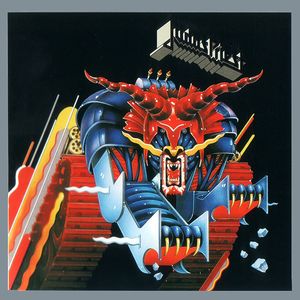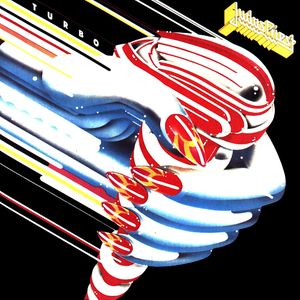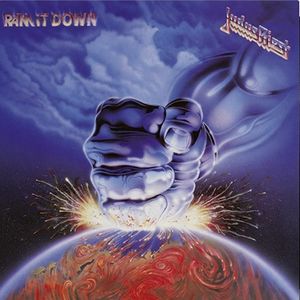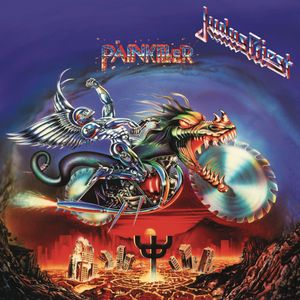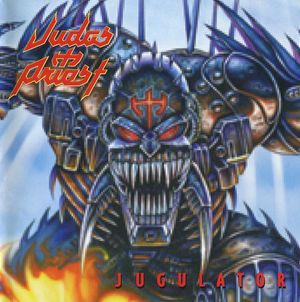
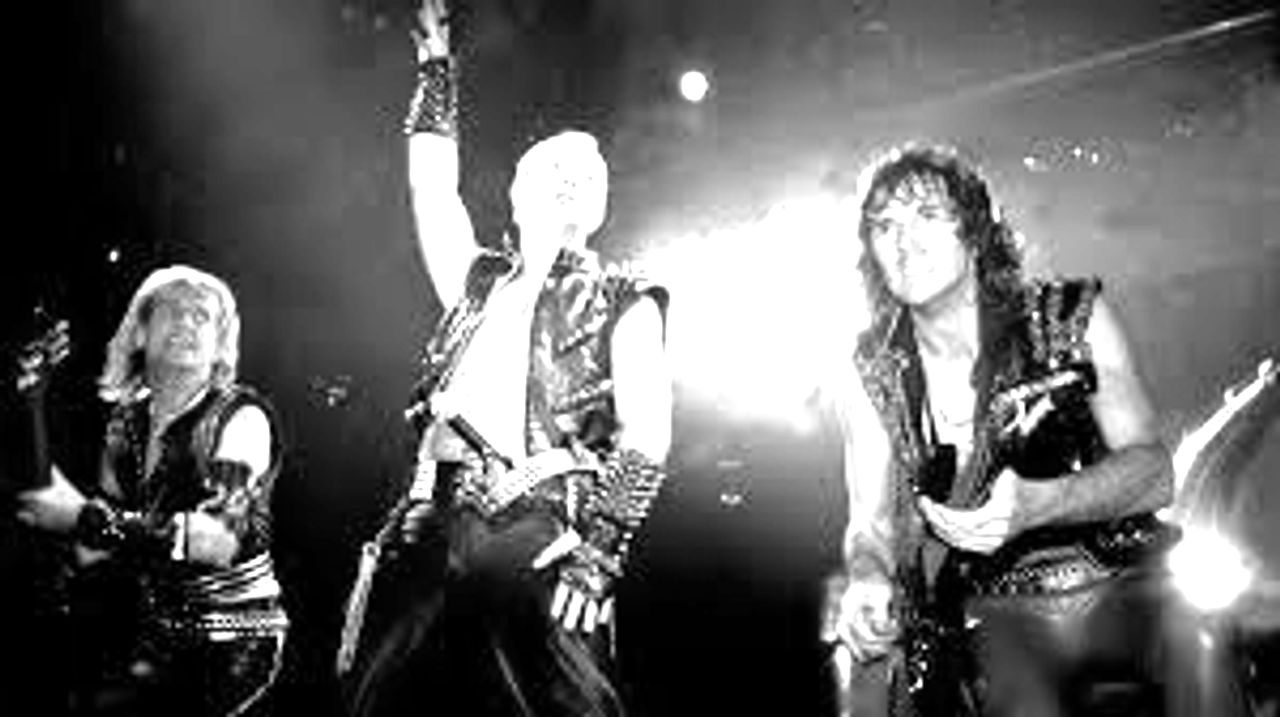
Judas Priest
Follow Your Favorite Band Today!
Top Judas Priest Community Posts
Story of Judas Priest
Judas Priest: Metal Legends and Pioneers
Judas Priest, hailing from Birmingham, England, emerged in 1969 as a force to be reckoned with in the heavy metal scene. Their influence is undeniable, having sold over 50 million albums worldwide and consistently ranking among the greatest metal bands of all time.
They are considered pioneers of the New Wave of British Heavy Metal (NWOBHM) movement, a movement that shook the world of rock music in the late 70s. Their sound has heavily influenced various heavy metal subgenres, including speed metal, thrash metal, power metal, and the hard rock/glam metal scene of the 80s.
Despite their innovative and groundbreaking music, Judas Priest faced challenges in their early years. Poor record production and a lack of major commercial success plagued them until 1980, when their sixth studio album, "British Steel," catapulted them into the mainstream spotlight.
The band's lineup has undergone significant changes over the years. Throughout the 70s, a core group consisting of bassist Ian Hill, vocalist Rob Halford, and guitarists Glenn Tipton and K. K. Downing, cycled through various drummers before finding a stable rhythm section with Dave Holland in 1979. Holland remained with the band for ten years, until 1989, when Scott Travis took over drumming duties.
In 1992, Halford left Judas Priest, leaving a void in the band's heart. After a four-year hiatus, the band regrouped in 1996 with Tim "Ripper" Owens (formerly of Winter's Bane) as their new vocalist. After two albums with Owens, Halford returned to the band in 2003, reuniting the iconic frontman with his metal brethren.
In 2011, Downing left the band, paving the way for Richie Faulkner to join as the newest guitarist. Judas Priest, with its legendary members and ever-evolving lineup, continues to inspire generations of musicians and fans with its powerful sound and iconic legacy.
Frequently Asked Questions
Bands you may like
More Heavy Metal Bands
Discover more bands in the Heavy Metal genre and explore the diverse sounds that define this musical style.
Browse All Heavy Metal BandsMore Bands from United Kingdom
Discover the rich musical heritage of United Kingdom and explore bands that represent the country's unique sound and culture.
Browse All United Kingdom Bands
